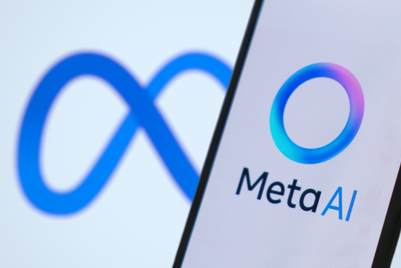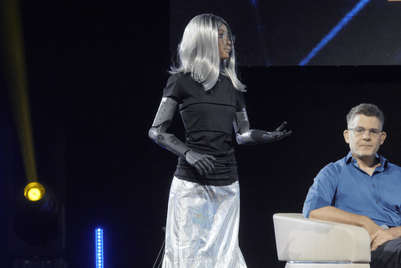
Many have debated the impact that artificial intelligence will have on the workforce; few have definitively predicted the outcome.
Research and advisory firm Forrester threw its hat in the ring on Thursday, prophesying that as automation and generative AI become more deeply embedded into agency workflows, 32,000 jobs within the U.S. agency workforce will be replaced by AI by 2030 — representing 7.5% of the industry’s total employee base.

The firm predicts that nearly one third of ad agency jobs will be at risk from automation by 2030, but not all of these jobs will have been displaced by technology.
Job losses will predominantly impact physical or process-oriented roles, which tend to be at higher risk for automation because they follow a precise set of instructions, Forrester said. This includes clerical, secretarial and administrative roles, predicted to account for 28% of job losses, as well as sales (22%) and market research (18%).

Meanwhile, creative problem-solving roles are expected to thrive. According to Forrester, originality is the most significant factor that lowers a job’s automation potential. Highly creative jobs, such as editors, writers and authors, and roles that are responsible for guiding AI outputs, such as prompt engineers and trainers, are predicted to dominate the job market over the next few years.
Other safe roles include digital marketing and strategy specialists — forecast to grow headcount by more than 20% globally in the next five years — along with data scientists.
These will also be the jobs most influenced by generative AI. Forrester expects that generative AI technology like ChatGPT, Google Bard, DALL-E, Midjourney and Stable Diffusion will be used to increase productivity in senior and creative roles without leading to job loss.
The novel technology is already being used by a majority of senior marketers: in Forrester’s recent Pulse Survey of B2C marketers, published in June, 56% of VP or above respondents said they have already used generative AI in marketing. Another 40% said they were intrigued or exploring use cases to do so.
Some ad sector jobs that will be least influenced by generative AI include production workers, printing press operators and set and exhibit designers, Forrester added.
As a result, it predicts generative AI will invert the agency workforce composition from legions of less costly junior talent to higher-salaried creative roles paired with generative AI assistants and a larger share of management roles.
Due to the plethora of legal and ethical risks associated with generative AI — including intellectual property rights, bias and accuracy concerns — Forrester forecasts that job losses from this technology will be modest over the next two years.
However, by 2030, it is expected to account for one third of ad jobs lost to automation.




.jpg&h=334&w=500&q=100&v=20250320&c=1)
.jpg&h=334&w=500&q=100&v=20250320&c=1)



.jpg&h=334&w=500&q=100&v=20250320&c=1)
.png&h=334&w=500&q=100&v=20250320&c=1)





.jpg&h=268&w=401&q=100&v=20250320&c=1)


